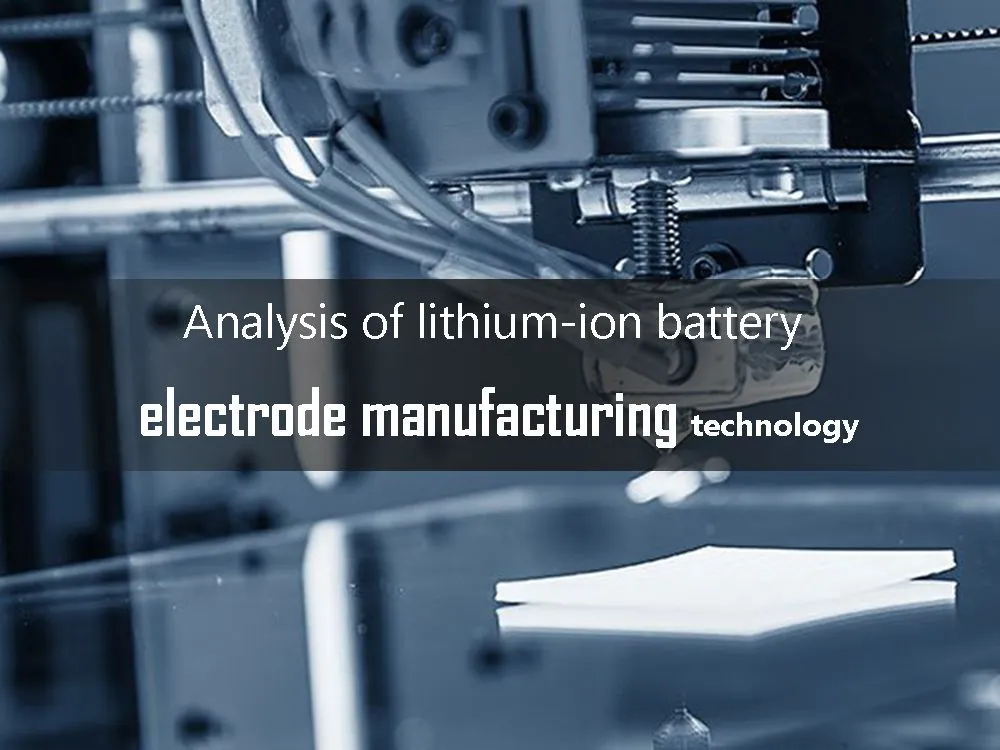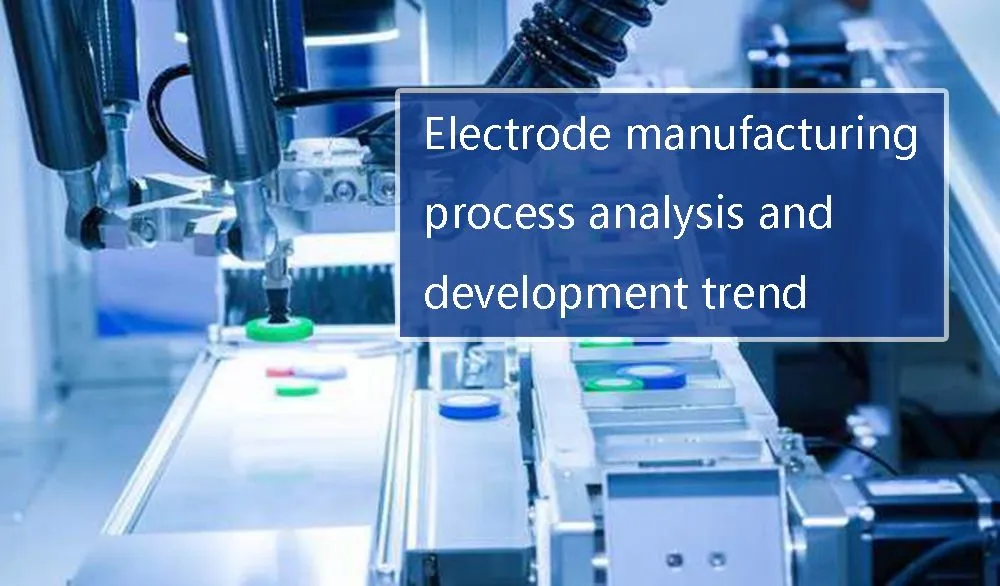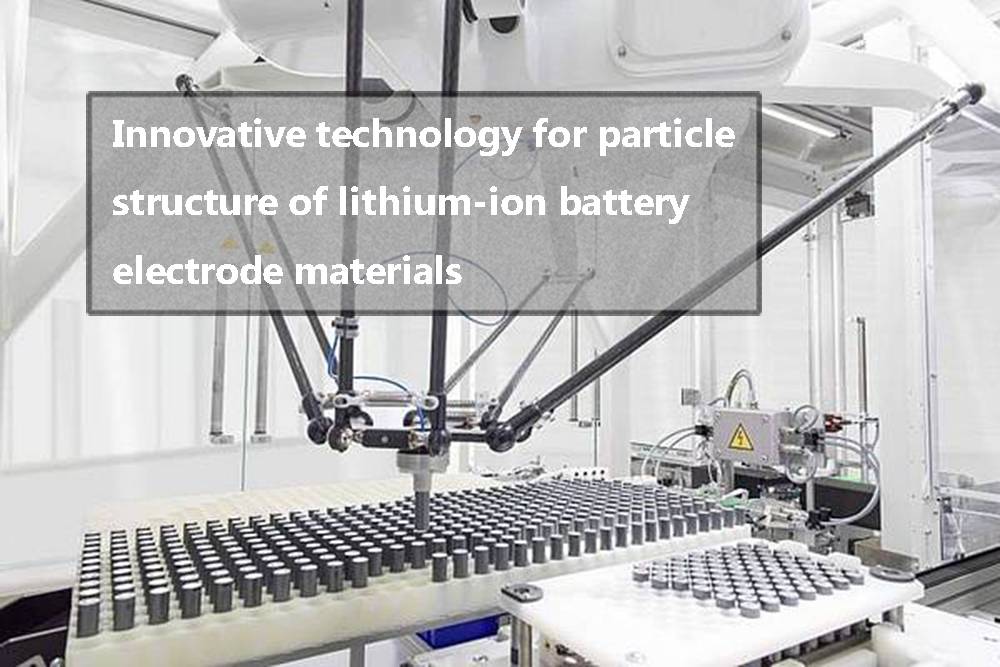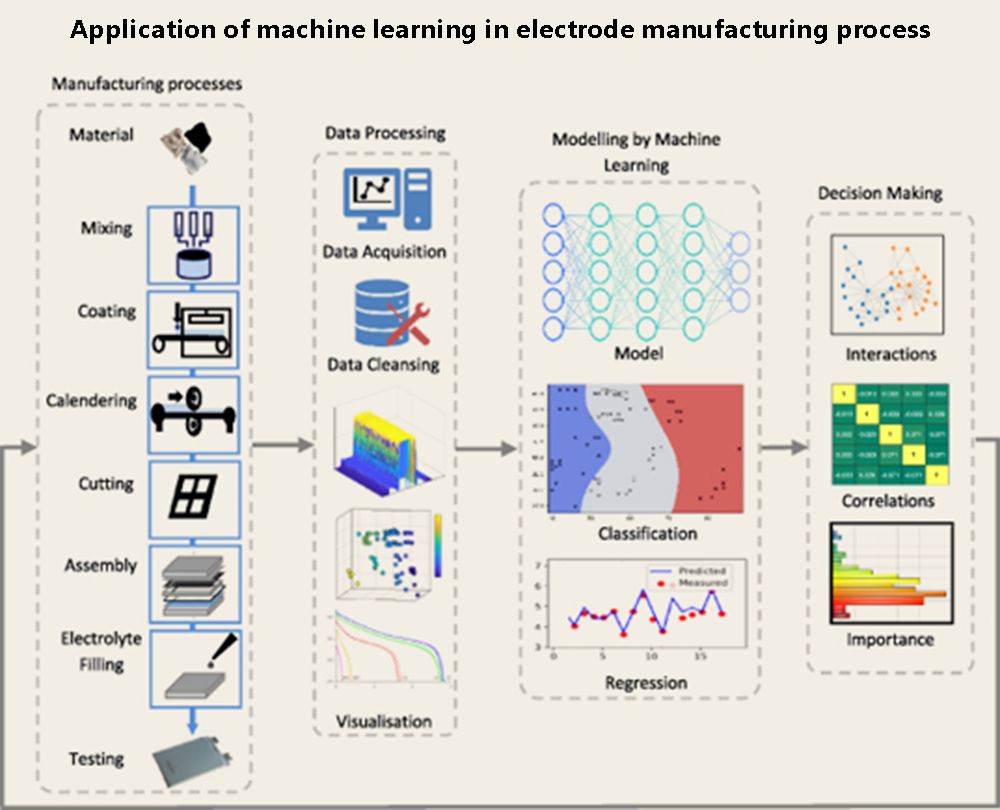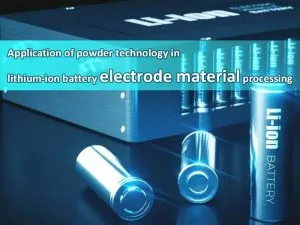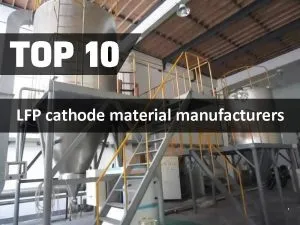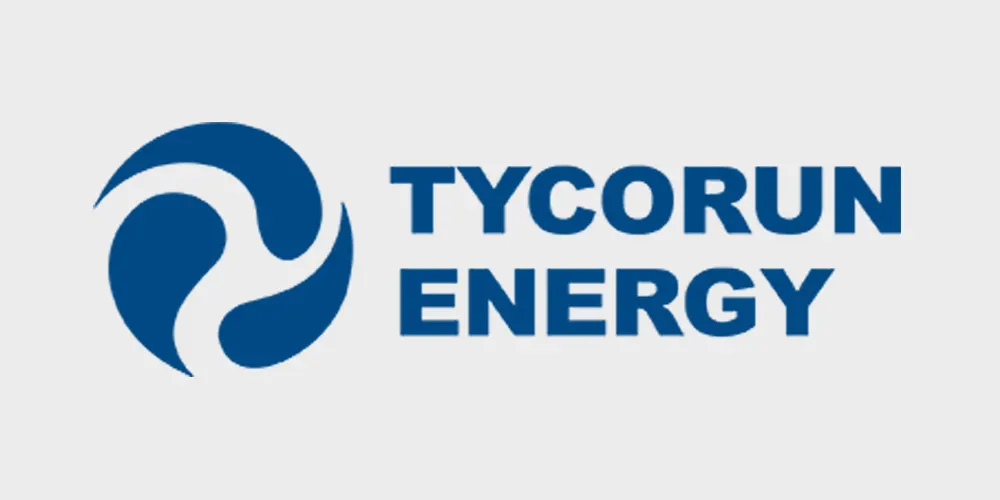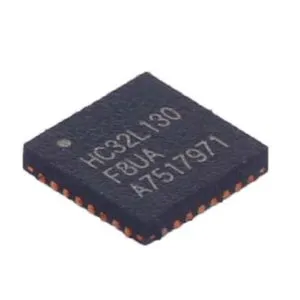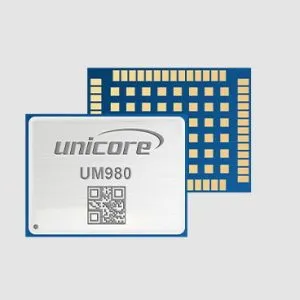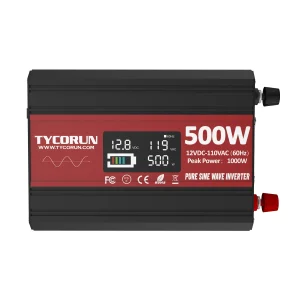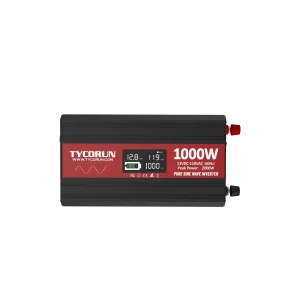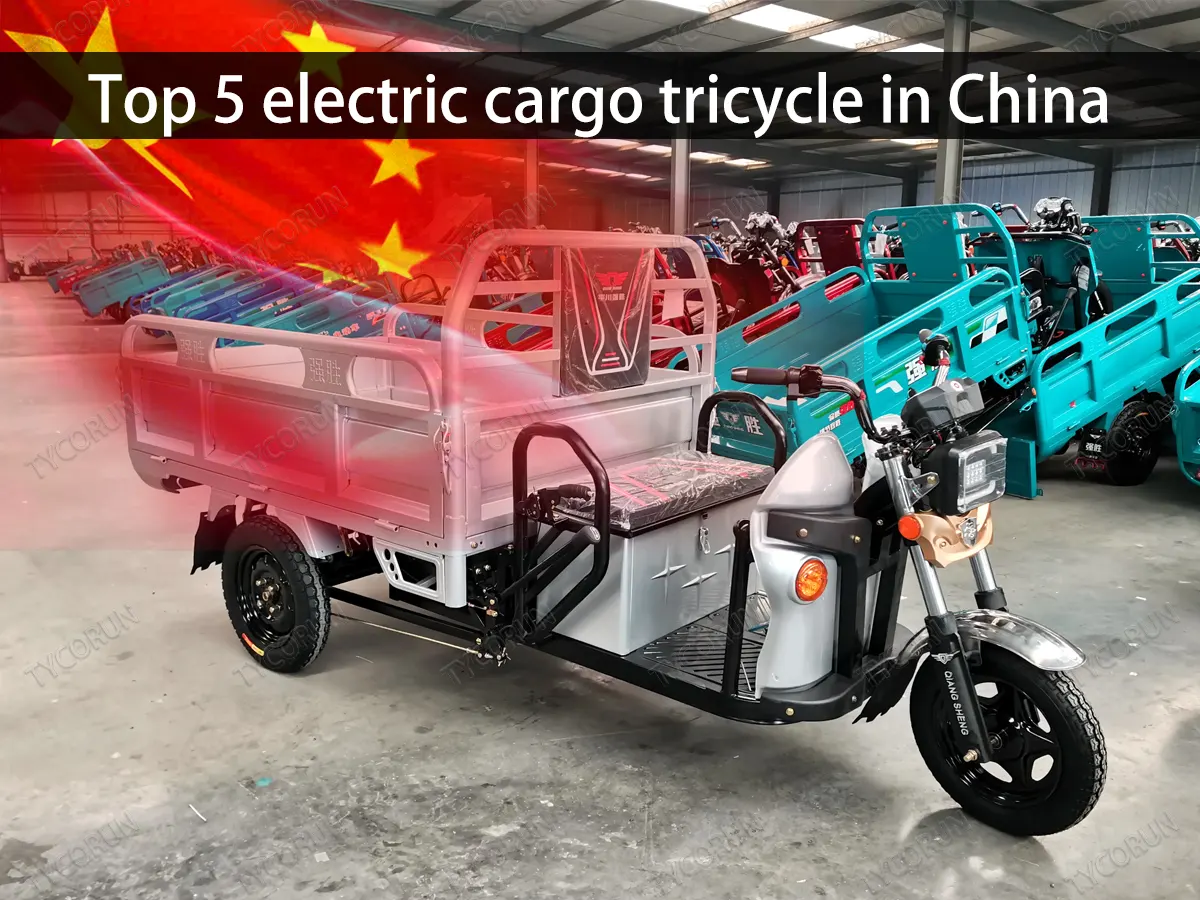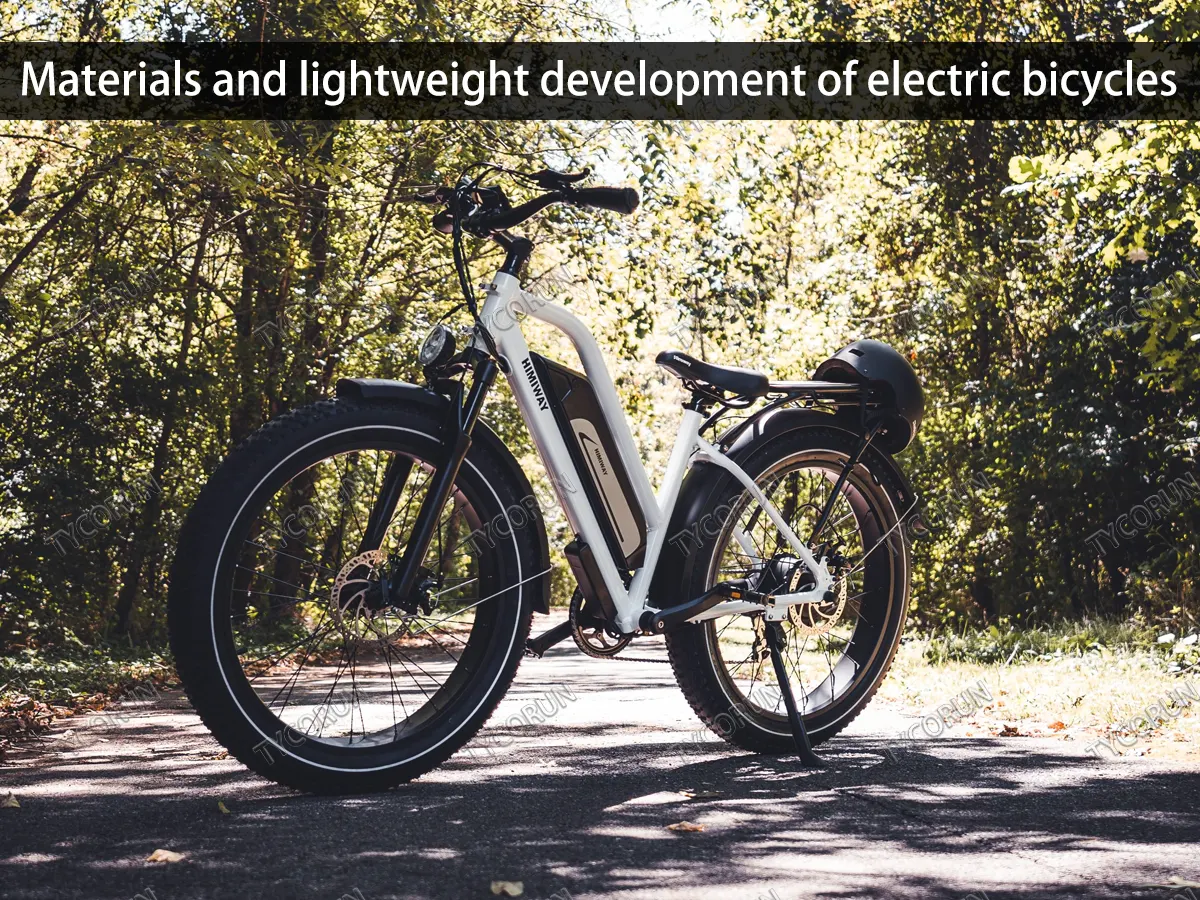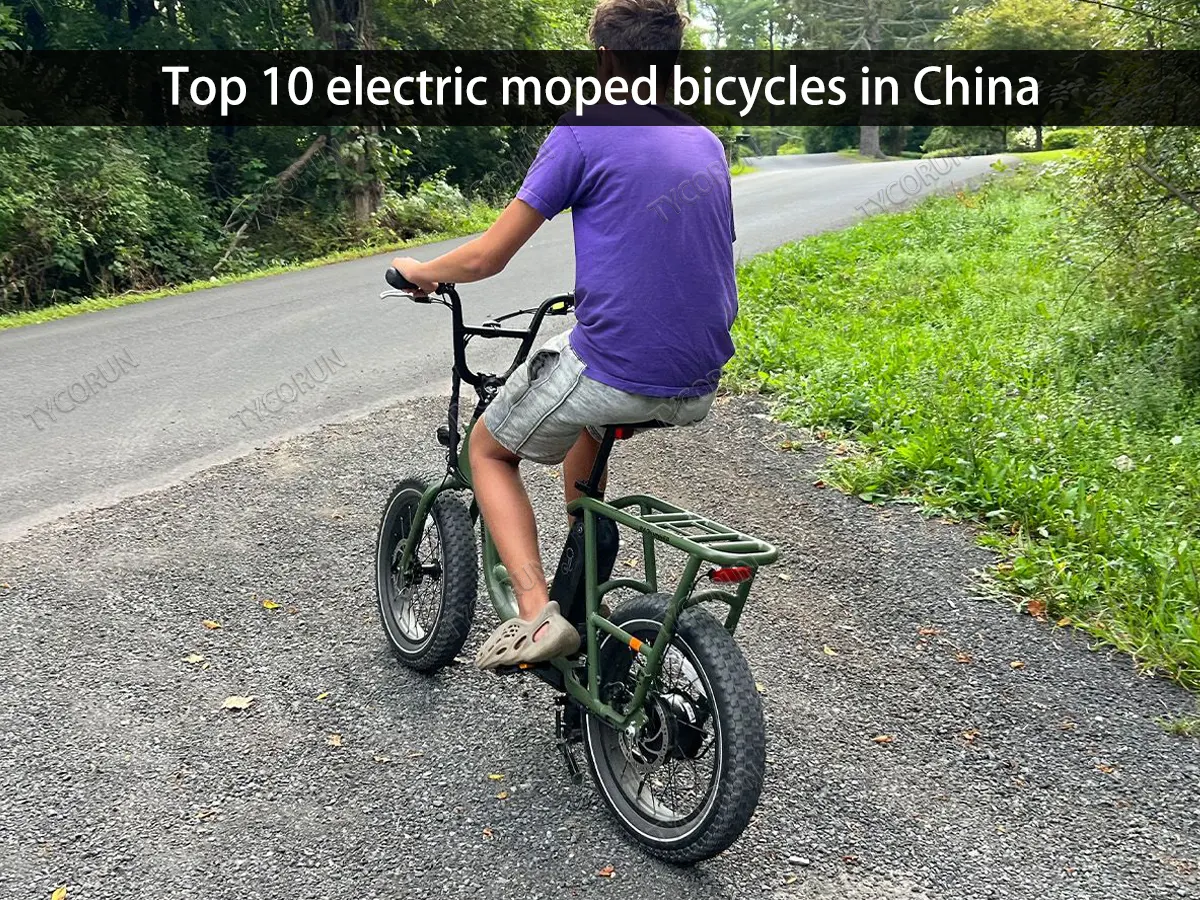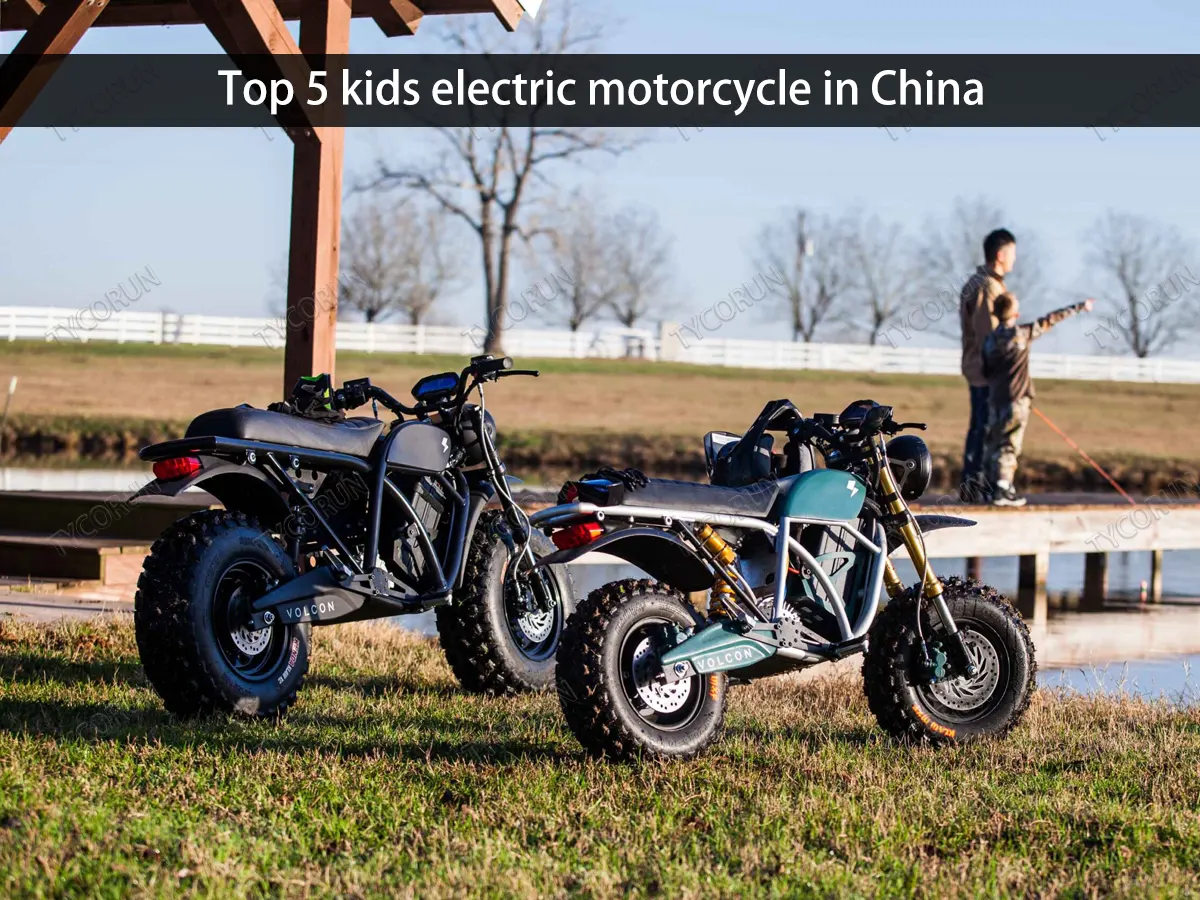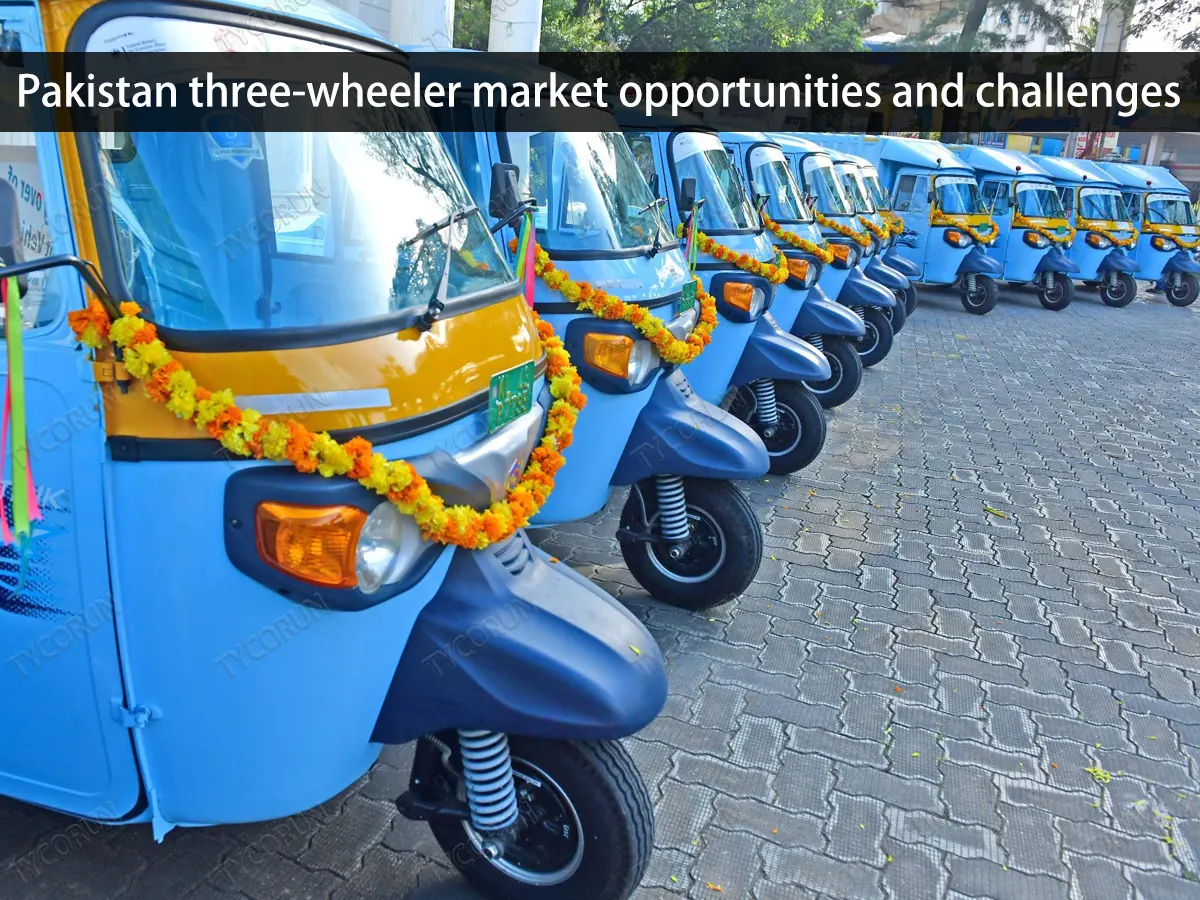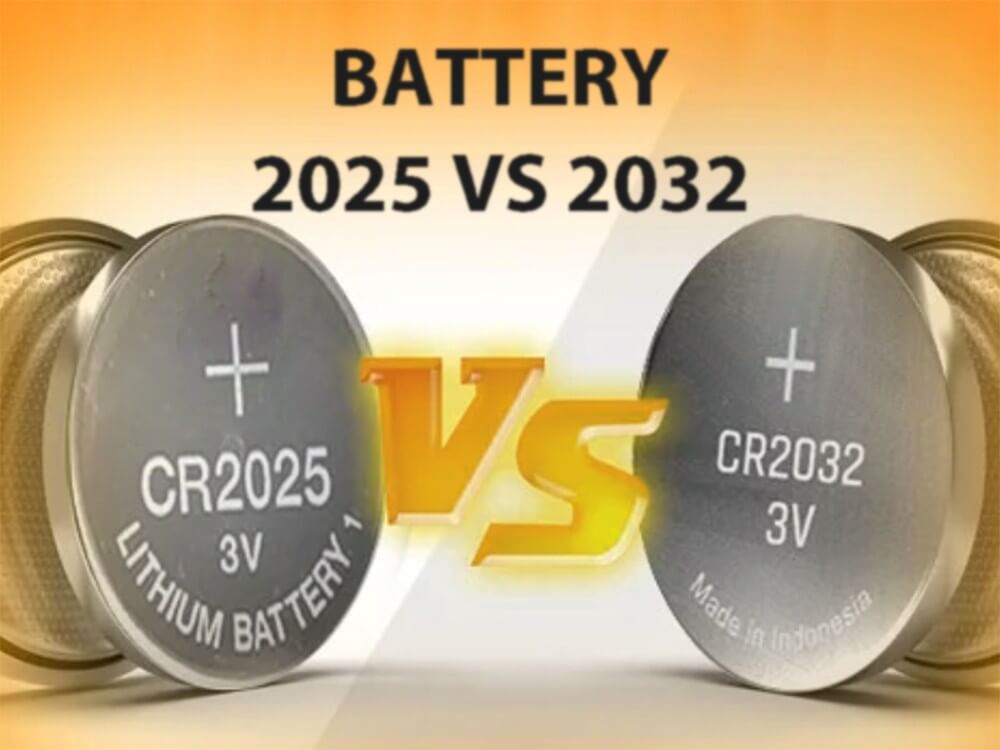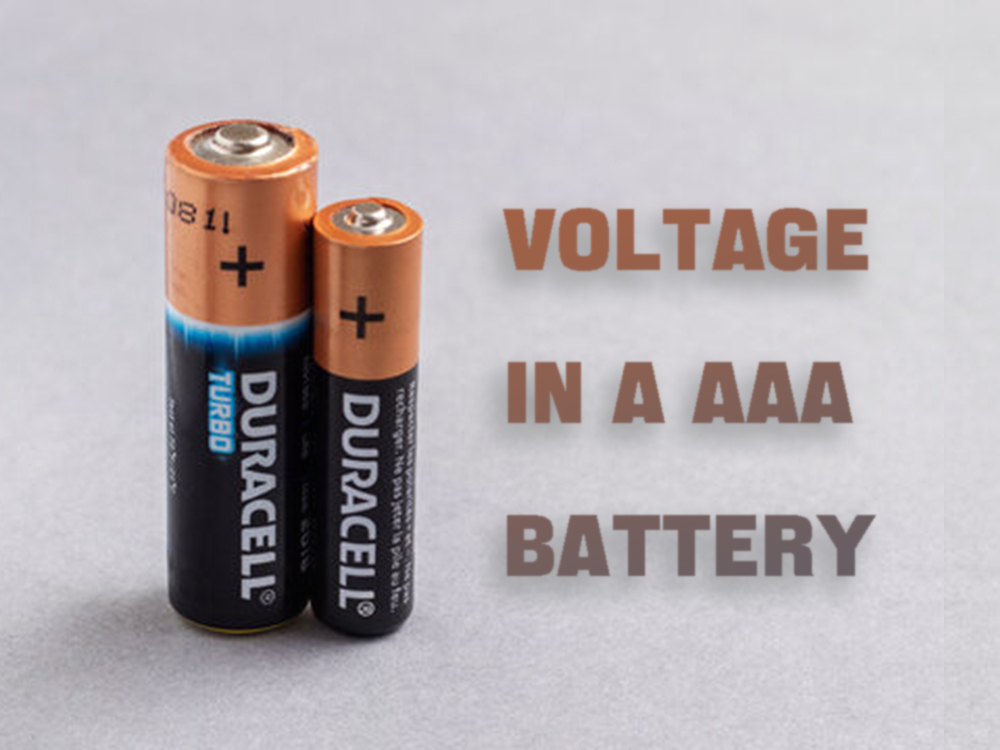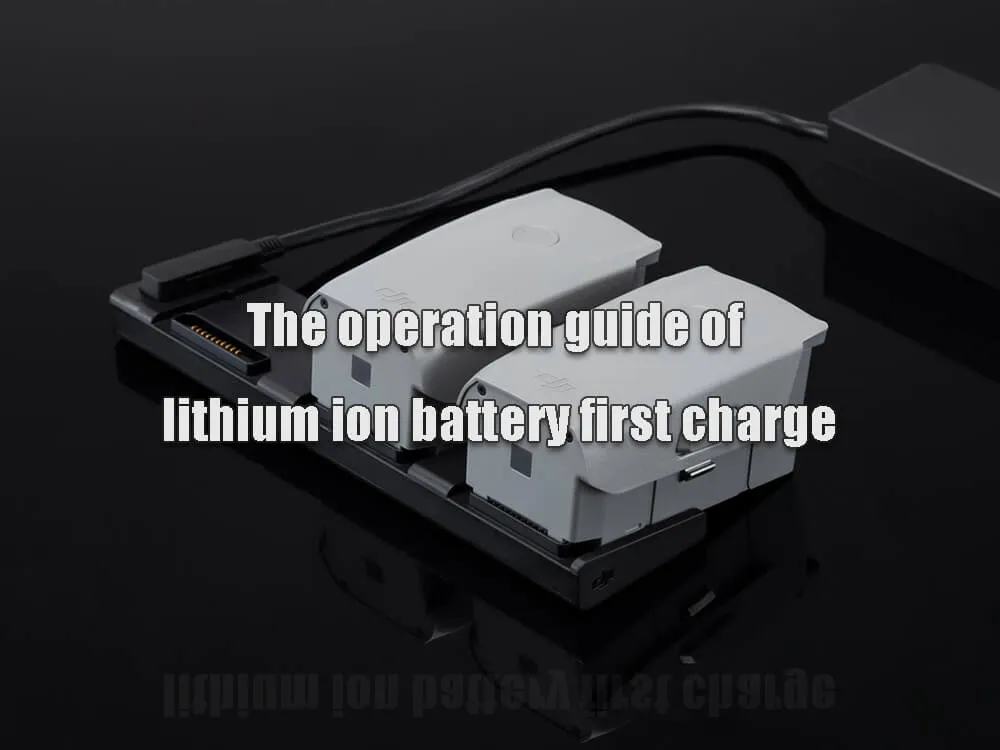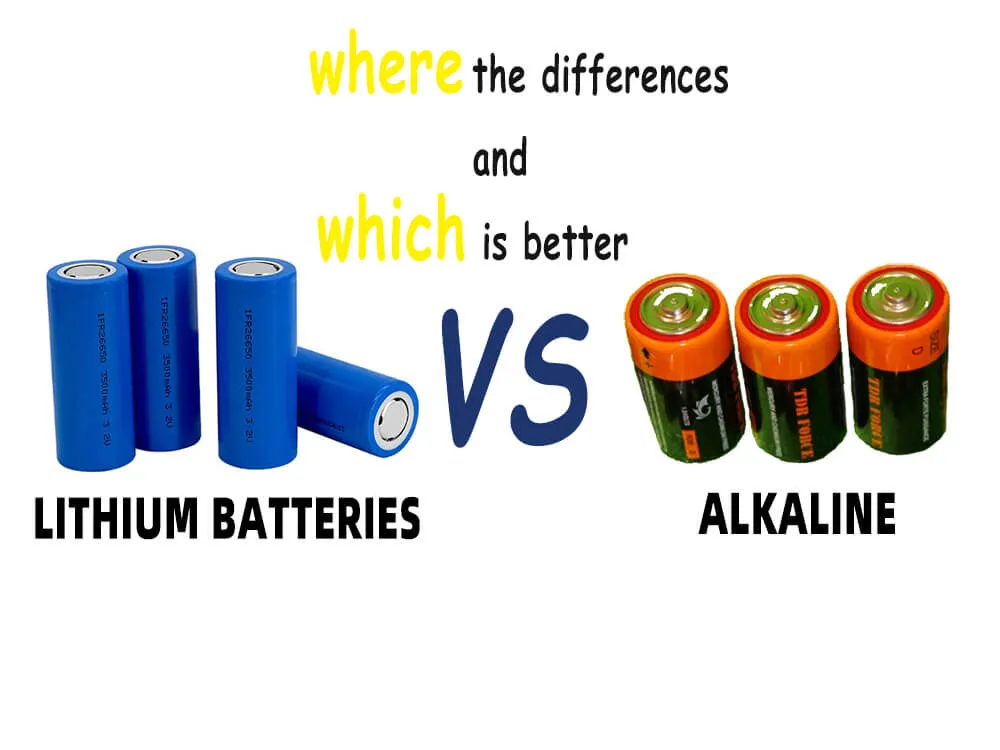Analysis of lithium-ion battery electrode manufacturing technology

In the future, the demand and actual installed capacity of lithium-ion batteries will rapidly increase to the order of TWh. The current battery manufacturing technology is still based on trial and error, some proprietary technology and personal expertise, etc., and the electrode manufacturing performance is more obvious in the battery manufacturing process.
Promoting technological advances in the lithium-ion battery electrode manufacturing can improve battery performance, quality, safety, and process sustainability to support the development of higher-quality and larger-scale lithium-ion batteries. Overcoming the bottlenecks currently faced in electrode manufacturing requires a focus on materials, fabrication techniques, in-line process metrology, and data analysis.
Electrode manufacturing process analysis and development trend
Lithium-ion battery electrode manufacturing currently on the market are manufactured through wet processes. It is made by preparing electrochemically active substances, binders, conductive agents and volatile solvents into slurry and coating them on metal foil current collectors, followed by drying and rolling. This electrode manufacturing process has advantages in terms of production efficiency, consistency, and scalability, and has become the mainstream battery electrode manufacturing technology, which has led to a significant reduction in the manufacturing cost of lithium-ion batteries to a certain extent.
Under such advantageous conditions, it is easy to ignore the technical barriers of wet electrode manufacturing technology, including the inability to meet the needs of high-energy batteries for thick electrodes, the increase in porosity and the proportion of active materials in the formula, etc. The innovation of the existing electrode manufacturing technology is mainly based on the wet electrode, which is finally reflected in the compromise between various performances of the battery, and vice versa.
In addition, in the key steps of electrode slurry preparation, coating, drying and calendering, the influence on the evolution of electrode microstructure is also different. More recently, the development and optimization of Li-ion battery electrodes has not had relatively little upfront design and predictive capabilities or in-line metrology, and has largely relied on trial and error.
Recently, some new technologies for electrode manufacturing are emerging, which can realize the modularization of electrode manufacturing or more intelligent electrode preparation. By using the previous design parameters to predict the follow-up electrode manufacturing process and realize online measurement to continuously adjust the follow-up electrode manufacturing process parameters.
These new technologies enable better alignment of electrode materials and fully exploit the intrinsic properties of electrochemically active materials for electrode manufacturing design. These new technologies mainly use machine learning to guide the rapid electrode manufacturing technology.
Innovative technology for particle structure of lithium-ion battery electrode materials
It is mainly manifested in the change of the particle structure of the cathode material, and the low electronic conductivity of the material, slow solid-state diffusion, cracks, etc. affect the performance of the battery. Over the years, various innovative techniques for modifying the particle structure of active materials have been implemented. These techniques include surface coating, doping, grain boundary strengthening, engineered secondary particles, single crystal morphology, etc.
The surface coating can improve the structural strength of the secondary particles, enabling the material to achieve a longer cycle life and a higher capacity retention rate. The common co-precipitation technique in ternary materials has achieved great success in synthesizing binary particles with different structural morphologies.
In recent years, it has been found that primary particles can provide a faster solid-state diffusion path for lithium ions to improve battery rate performance, and the radial arrangement of primary particles is also beneficial to reduce the impact of mechanical stress caused by volume changes during cycling. In electrode manufacturing technology, the single crystal morphology of the material helps to eliminate the formation of microcracks and guarantees a longer cycle life of the battery material.
Despite great success in structural engineering of cathode materials, most cathode active material particles have low electronic conductivity. In the electrode manufacturing process, conductive additives need to be added to improve the conductivity, but the traditional wet process cannot ensure the uniform distribution of the conductive agent in the formation of the electronic permeation network. Synthesizing composite particles of active materials and conductive agents has emerged as a new approach to this challenge.
Facts have proved that the particle structure modification technology of these materials can effectively solve the problems brought about in the electrode manufacturing microstructure. At present, the synthesis of single crystal AM particles of high-nickel cathode materials has become an industry development trend. In addition, the understanding of the relationship between the co-precipitation synthesis process and the relationship between the product and the performance is promoted by establishing a model.
Application of machine learning in electrode manufacturing process
The Li-ion battery production process consists of various continuous and discontinuous processes involving chemical, physical, electrochemical and thermal characteristics. Therefore, different process stages in the production process are dependent on each other. In lithium top 100 manufacturers, traditional lithium-ion battery manufacturing process control step process data determination, analysis and control methods are mainly derived from qualitative analysis, which requires a lot of time and effort to debug.
AI and machine learning provide powerful tools to clarify the relationship between the complex and interconnected processes involved in lithium-ion battery manufacturing. It has the potential to enable researchers to conduct quantitative, systematic analysis and evaluation of related manufacturing processes, and to more effectively provide recommendations for manufacturing. Improving the lithium-ion battery production process through machine learning techniques requires a closed-loop framework, and machine learning also faces some challenges.
Conclusion
Lithium-ion batteries are a key factor in achieving the global decarbonization goal. When the demand reaches TWh or higher, it poses new challenges to the existing production process in terms of performance and cost, and requires innovation in existing production and manufacturing technologies. In terms of electrode manufacturing, it is possible to establish a knowledge system of electrode structure and understand how it is affected by industrialization, which will help to master new technologies for cleaner, more efficient and energy-saving electrode manufacturing.
Future electrode manufacturing technologies can be divided into incremental improvements and subversive innovations. Such as composite cathode material synthesis technology, new and efficient electrode coating technology, dry electrode manufacturing technology and the application of machine learning, etc.

